Ah, wisdom teeth! The very name resonates with rites of passage, adulthood milestones, and, well, some degree of pain. Situated at the very back of the mouth, these late bloomers typically emerge during our late teens or early twenties.
For many, they come in quietly, setting up residence without much ado. But for others, these teeth can be the harbingers of dental dilemmas, from impaction to overcrowding, warranting the often-dreaded wisdom tooth extraction.
While the thought of “wisdom teeth removal” can evoke a sense of unease, modern dentistry, equipped with cutting-edge technology and expert dentists, ensures the procedure is safe, swift, and comfortable. But the real challenge? It often lies in the post-surgical recovery phase, a delicate period where the actions you take (and avoid) significantly influence your healing journey.
As with any surgical procedure, knowledge is power. Being equipped with a clear understanding of the dos and don’ts after wisdom teeth extraction can be your strongest ally in ensuring a smooth, complication-free recovery. And that’s precisely where this comprehensive guide steps in.
From dietary recommendations to potential pitfalls, we’ve delved deep, curating a holistic blueprint to assist you through every step of your post-extraction journey. Whether you’re reading this in preparation for an upcoming wisdom tooth surgery or are in the midst of your recovery, let’s demystify the world of wisdom teeth post-op care together.
Understanding the Need for Wisdom Tooth Removal
Before we jump into post-surgery care, we must grasp the why behind wisdom teeth extraction. Why would one consider undergoing oral surgery to remove these late bloomers?
Wisdom teeth are the third set of molars that start coming out between the ages of 17 and 25. While they were historically useful for our ancestors (who ate a lot of raw plants and meats and hence needed the extra grinding power), today’s diet and jaw structure often don’t accommodate these teeth. Impacted wisdom teeth or those that are growing in the wrong direction can cause discomfort, gum disease, or even disrupt the alignment of nearby teeth.
Visiting a dentist can provide clarity about the need for this procedure. In many cases, early removal by a dentist prevents potential dental problems in the future.
The Dos After Wisdom Teeth Extraction:
Follow Your Dentist’s Instructions
After undergoing a wisdom teeth extraction, you may feel a tad disoriented or anxious about the recovery phase. Understanding this common apprehension, your dentist’s office will arm you with detailed aftercare instructions. These guidelines aren’t mere suggestions but are curated based on your unique surgery and medical history.
Following them to the letter not only ensures that you foster a conducive environment for healing but also keeps post-surgical pain at bay. Whether it’s about when to take pain medications, how to clean the area, or when to schedule a follow-up, these instructions are your recovery roadmap.
Ice Packs Are Your Friends
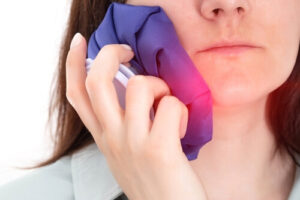 Post wisdom teeth surgery, don’t be surprised if your face resembles a chipmunk’s, albeit briefly! Swelling is a natural result of any surgical intervention. An effective way to combat this inflammation is by using ice packs.
Post wisdom teeth surgery, don’t be surprised if your face resembles a chipmunk’s, albeit briefly! Swelling is a natural result of any surgical intervention. An effective way to combat this inflammation is by using ice packs.
They can considerably mitigate discomfort and swelling when applied externally to the affected area, preferably in 20-minute intervals during the first 24 hours post-surgery. Ensure the ice is wrapped in a cloth or thin towel to avoid frostbite.
Stick to Soft Foods
Post wisdom teeth removal, consider your mouth a healing sanctuary that needs minimal disturbance. It’s paramount to adapt your diet to support this. Opt for soft, non-acidic, and lukewarm foods. Yoghurt, mashed potatoes, puddings, and smoothies become your go-to.
Not only do these foods ensure that the surgical site remains undisturbed, but they also provide essential nutrients without causing undue stress on the extraction site. Remember, the key is to prevent any food particles from getting lodged in the healing sockets.
Elevate Your Head
Gravity plays an instrumental role in post-surgical recovery. Keeping your head elevated, especially during sleep, minimises the risk of excessive blood pooling in the surgical area. This simple act, whether through extra pillows or reclining in a comfortable chair, can curtail swelling and expedite healing.
Rely on Prescribed Pain Medication
Managing post-surgical discomfort is vital for comfort and ensuring you get adequate rest, which is crucial for healing. Keep taking the pain medications prescribed by your dentist.
They’ve factored in the extent of the procedure, whether it was a single wisdom tooth removal or multiple, or if complications like impacted wisdom teeth necessitated a more complex surgical intervention.
The Don’ts After Wisdom Teeth Extraction:
Say No to Solid Foods Initially
The allure of diving into a pizza or a steak might be potent, especially after days of soft foods. However, the surgical site’s integrity is paramount. Introducing crunchy or hard foods too soon can not only irritate the area but might dislodge the vital blood clot. This clot acts as a protective layer, enabling new tissue to grow. Its disruption can lead to painful complications like dry sockets, which can severely set back recovery.
Avoid Rigorous Rinsing
Post-extraction oral hygiene is a delicate dance. While cleanliness is non-negotiable to prevent infections, rigorous rinsing can prove detrimental. For the initial days, when you rinse your mouth, think ‘gentle’. Use warm salt water, gently swish it around, and avoid forceful spitting, which can dislodge the blood clot.
Steer Clear of Carbonated Beverages
That celebratory soft drink after your wisdom teeth extraction? It’s best postponed. Carbonated beverages, with their effervescence, pose a risk of dislodging the blood clot, opening up the avenue for dry sockets.
Alcohol is a No-Go
Healing tissues and alcohol don’t mix. Not only does alcohol thin the blood, potentially increasing the danger of bleeding, but it can also interact adversely with prescribed pain relievers. Plus, alcohol can dehydrate the body, potentially slowing down the healing trajectory.
 Abstain from Strenuous Activities
Abstain from Strenuous Activities
While the urge to jump back into your routine might be compelling, wisdom teeth removal, like any surgery, requires downtime. High-intensity activities can inadvertently increase intraoral or blood pressure, escalating the risk of post-surgical bleeding or swelling.
Avoid Spicy Foods
While you might crave spicy indulgence, especially if you’re on a monotonous soft food regimen, hold off for a while. Spices can be irritants, potentially aggravating the gum tissue and delaying recovery.
Potential Complications to Watch Out For:
Dry Socket
Emerging as one of the dreaded post-extraction complications, a dry socket is when the protective blood clot is inadvertently dislodged, laying bare the bone and nerves. It’s not just painful but can significantly set back the recovery clock. Any surge in pain levels or a sudden foul taste a few days post-extraction warrants immediate consultation with your dentist.
Infection
Post-surgical sites are especially vulnerable, while the mouth is a hotbed of bacteria. Red flags include persistent swelling, fever, or a continuous foul taste despite maintaining oral hygiene. Such symptoms should trigger an immediate visit to the dental clinic.
Fluid-filled Sac
Sometimes, the body’s response to an empty tooth socket can be the formation of a cyst or a fluid-filled sac. While this is relatively rare, it can jeopardise adjacent teeth or even the jawbone when it occurs. Regular follow-ups with your dentist can help detect and address this early.
Wisdom Tooth Extraction: Worth the Effort
A wisdom tooth extraction is undoubtedly an outpatient procedure surrounded by myths and anxiety. However, the surgical removal of third molars is more often a preventive measure, curbing future dental problems. When performed by skilled dentists and with proper post-operative care, most patients find the experience far less daunting than they imagined.
Moreover, with the guidance provided in this comprehensive list of dos and don’ts, you’re well-equipped to handle the aftermath of the surgery, ensuring your mouth heals appropriately and you’re back to your regular routine in about two weeks.
Understanding Wisdom Teeth: Why the Extraction?
Wisdom teeth, also called third molars, are the last to emerge in our oral cavity. Their name, rooted in the age at which they typically appear, suggests an advent into wisdom and adulthood. However, our modern-day diets and evolution have transformed our jaws, making them smaller than our ancestors. This reduced space often doesn’t allow wisdom teeth to emerge properly, leading to potential dental problems.
Impacted Wisdom Teeth
One of the primary reasons individuals undergo wisdom tooth extraction is due to impaction. An impacted wisdom tooth has insufficient space to grow in the right direction. They can grow sideways, angled, or even remain trapped beneath the gum, leading to severe pain and infection.
Overcrowding
A fully grown wisdom tooth can sometimes push adjacent teeth, causing misalignment or overcrowding. This can be particularly concerning for those who have invested time and resources in orthodontic treatments like braces.
Tooth Decay and Gum Disease
Partially erupted wisdom teeth can be a haven for bacteria. Their location makes them hard to clean, and before you know it, they become susceptible to tooth decay and gum disease. If you don’t treat them, these issues can affect the surrounding teeth and even the jawbone.
Navigating The Initial Days After Extraction:
Understanding the Blood Clot
Once your wisdom teeth are extracted, your body naturally forms a blood clot at the surgical site. This clot is paramount for the initial healing phase. It serves as a protective layer, shielding the underlying bone and nerve endings and kickstarts tissue regeneration. That’s why many aftercare instructions, like not using a straw or avoiding vigorous rinsing, aim to protect this clot.
Swelling & Bruising
Do not be alarmed if you notice swelling or slight bruising around your jaw or cheeks. This is a typical bodily response to oral surgery. Using an ice pack, as previously mentioned, can help manage and reduce these symptoms.
Numbness
It’s standard to experience some numbness post-surgery due to the local anaesthetic used. However, this numbness should wear off after a few hours. If it persists, you must notify your dentist, as it might indicate nerve disturbances.
Taste and Odour
Some patients report a slight change in taste or a mild odour coming from the extraction site in the initial days. While mild changes are normal, persistent or severe symptoms should be discussed with your dentist to rule out any infections.
Pro-Tips for Seamless Recovery:
Stay Hydrated But With Caution
Drinking ample water after your surgery promotes healing. However, ensure you’re sipping it gently and avoiding the use of straws. The suction action can dislodge the protective blood clot, slowing your healing process.
Dental Hygiene Post-Surgery
While rigorous rinsing is discouraged, maintaining oral hygiene is paramount. You can gently brush your teeth from the day after surgery, avoiding the surgical sites for the initial days. Incorporate saltwater rinses about 48 hours post-surgery. This not only cleanses the area but also has antibacterial properties.
Stay Informed
Just like how many wisdom teeth one may have varies (did you know some people have more or fewer than four?), the recovery journey can differ from person to person. Staying informed, communicating openly with your dentist’s office, and understanding that everyone’s healing journey is unique will set you on a smoother path to recovery.
Conclusion
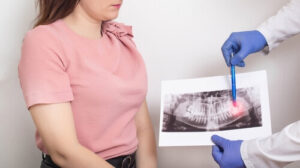 Having your wisdom teeth extracted is a common rite of passage for many, yet the procedure isn’t where the journey ends. The subsequent recovery period, with its accompanying dos and don’ts, is equally pivotal in ensuring a smooth and complication-free healing experience.
Having your wisdom teeth extracted is a common rite of passage for many, yet the procedure isn’t where the journey ends. The subsequent recovery period, with its accompanying dos and don’ts, is equally pivotal in ensuring a smooth and complication-free healing experience.
Each recommendation, be it the adoption of a soft-food diet, the judicious use of ice packs, or the caution against certain activities, has its roots in fostering optimal healing conditions. The goal is simple: to navigate the recovery terrain in a manner that mitigates risks while maximising comfort.
It’s imperative to remember that while general guidelines serve as the cornerstone, every individual’s healing process is unique. Factors such as age, overall health, the number of wisdom teeth extracted, and whether or not one had impacted wisdom teeth can influence the recovery trajectory. Therefore, personalised instructions from your dentist should always be your primary compass.
Additionally, while the dos and don’ts offer a roadmap, your body’s signals are paramount. Persistent pain, unusual swelling, or any symptom that deviates from the expected healing pattern should be an immediate cue to seek professional advice. After all, the key to a successful wisdom teeth extraction recovery lies in adhering to guidelines as in proactive vigilance.
Finally, remember that wisdom teeth removal, for all its perceived challenges, offers significant benefits to your oral health, particularly if the procedure was done to rectify issues like impaction, tooth decay, or gum disease. With careful adherence to post-operative care, you’re paving the way for a swift recovery and a healthier oral future.
Ready for a smoother recovery journey or have more questions post your wisdom teeth extraction? Don’t hesitate! Reach out to Toothsome Implants Chatswood today. We’re here to ensure your smile remains bright, pain-free, and healthy.

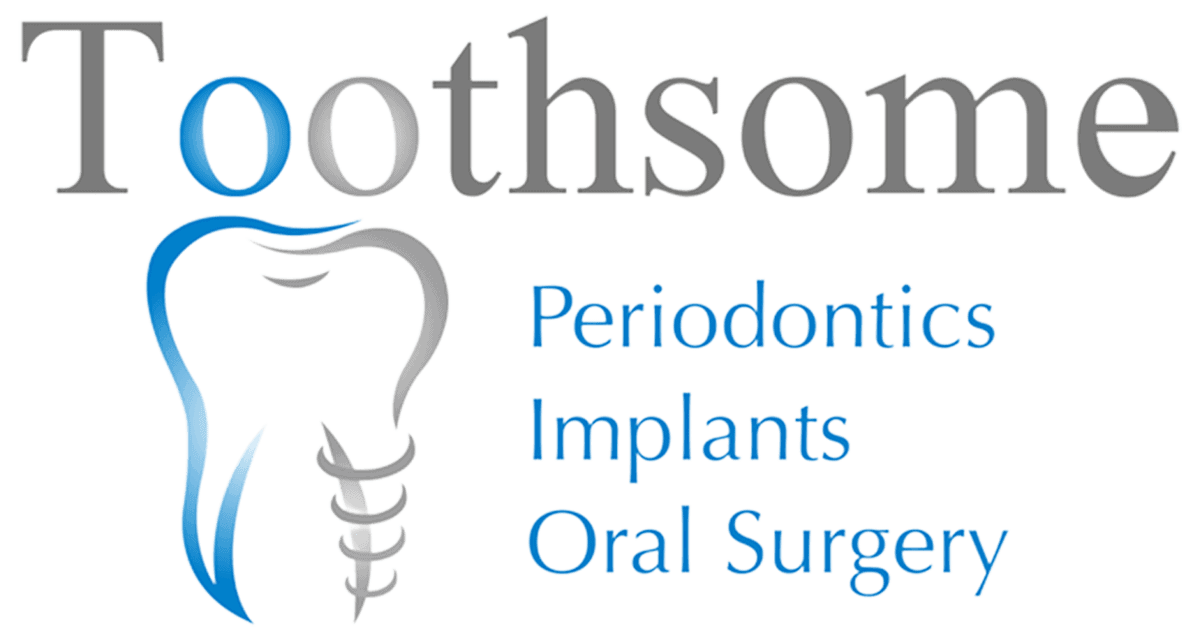

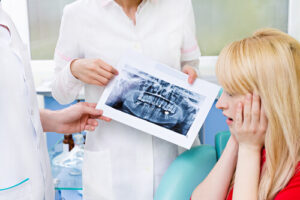 Abstain from Strenuous Activities
Abstain from Strenuous Activities